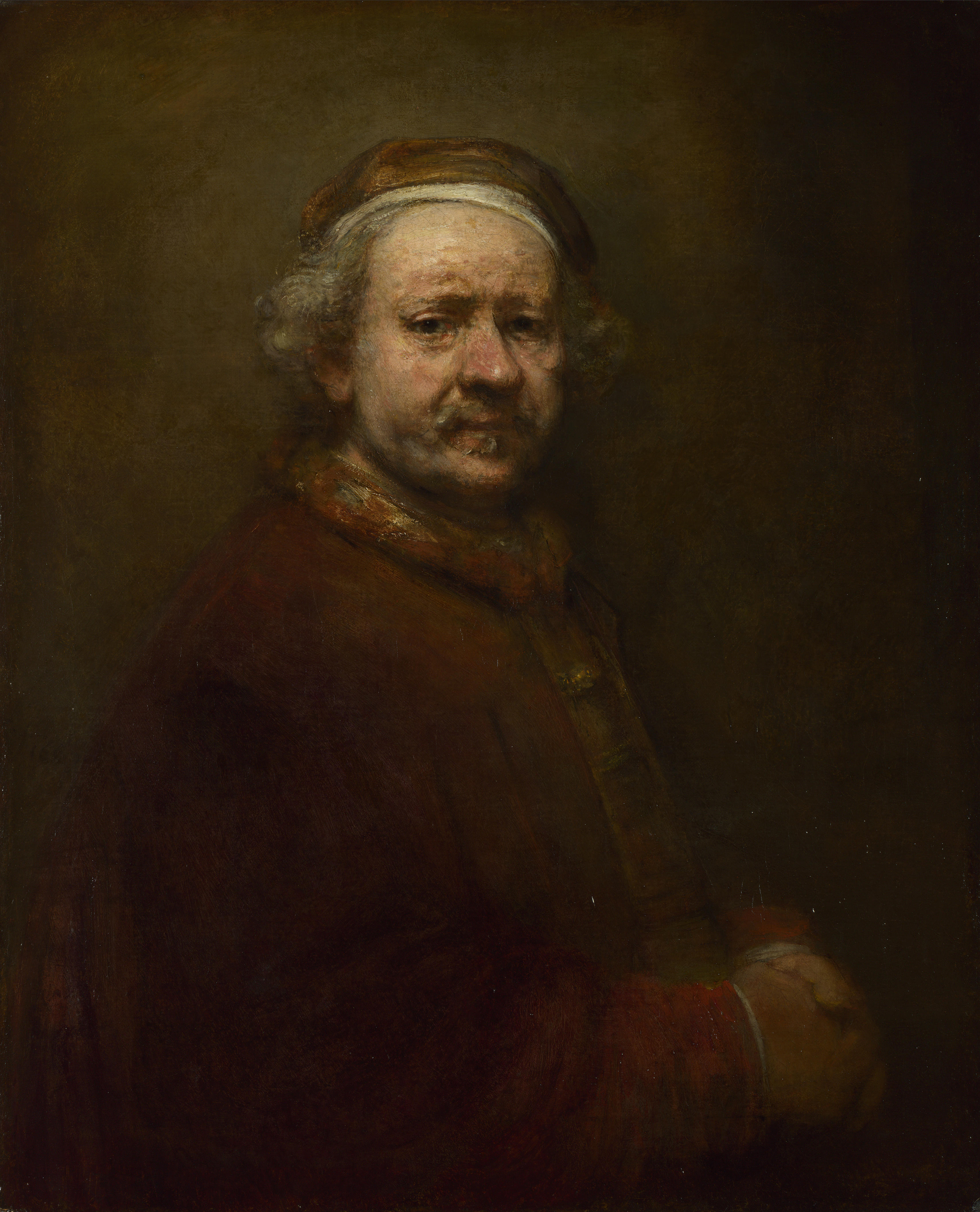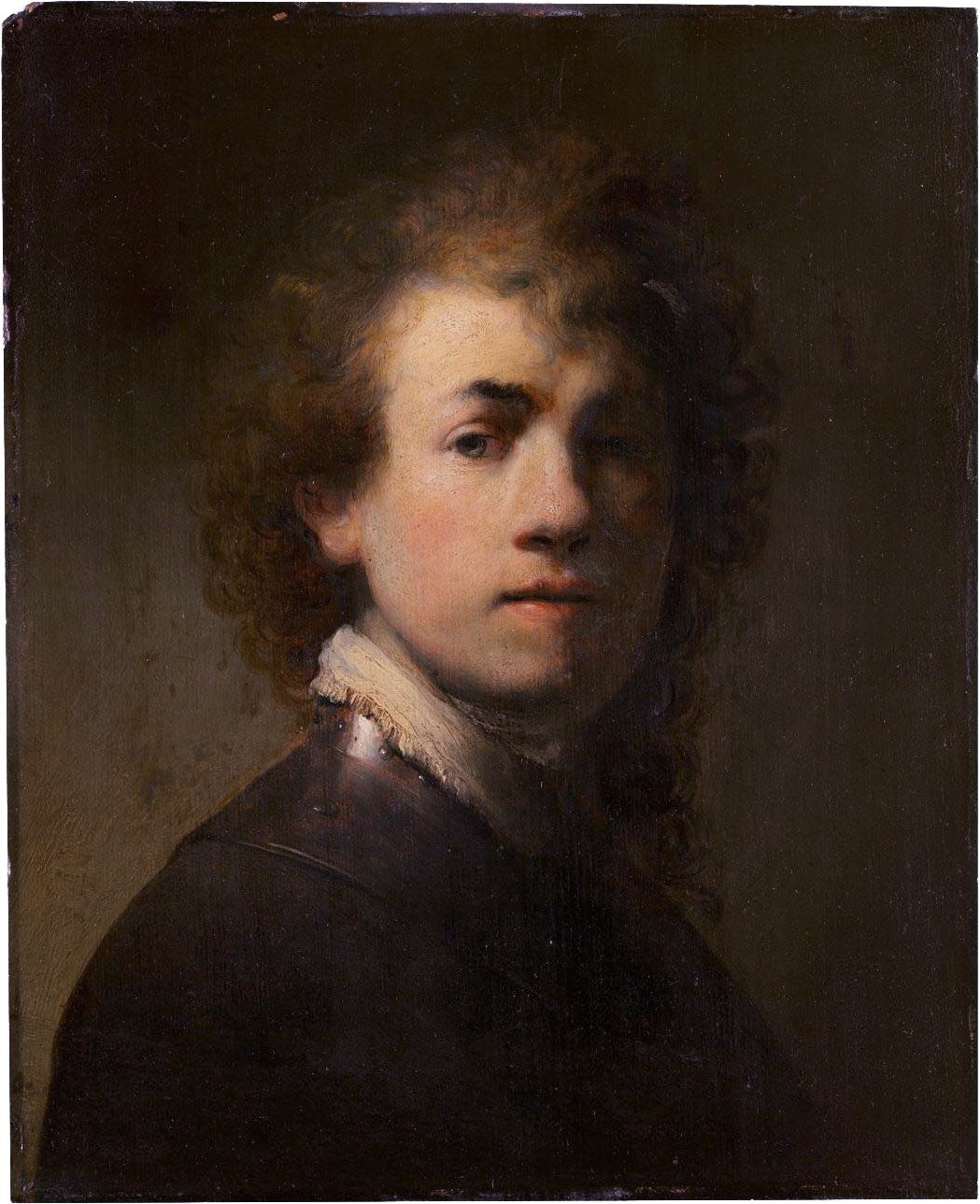What story should Art tell when it’s telling our story? We know that Art has a predilection for beautify and perfection, so how to be honest with something that is idealised by definition? Those who have been following “Wednesdays Thoughts on Art” already know my bias towards Oscar Wilde, but I can’t resist quoting him on this: “The highest as the lowest form of criticism is a mode of autobiography.” What we see in a work of art is always conditioned by our personalities, in some way every piece is a painted mirror. It is pretty easy to deal with our glories and shames when they are reflected on a painter’s canvas; very easy indeed when compared to a painter painting his own shames and glories. If criticism is a form of autobiography, what to call a Self-portrait but a super-autobiography? This kind of autobiography has two layers - the “Surface” and the “Motive”. They might tell different stories. If one artist is too concerned with the “surface”, the appearance form, might tell the story of how he wanted to be idealised - the self-inflated and aesthetic view of himself is more important than the real person he was. But if the “motive” is what the artist wants to reveal, then the devil must be in every detail. Rembrandt was specially concerned with revealing the motive, the true story, the real person he was. And that meant revealing the traces of time, the pains of the soul, the sordid and loneliness, the weary eyes that aren't ashamed to face his own bankruptcy, the missing smile who left with the death of those who were dear to him, no perfection, but gloomy sincerity. The proud master of his own story, not some other, the one carved by him and imprinted in his wrinkles, his white hair. A man who wanted to be remembered for what he really was, with all the stories that came along - this is his super-autobiography. What about our own super-autobiography? In the age of Selfies, do you worry about your “good side”, have you got a facebook dilema based on “should I de-tag myself on that picture where I kind of look fat”? Superficially as it might look, we also live online today - is the story we’re telling the true story? Feel free to answer on Facebook, Twitter, Instagram or email: in the age of communication there is much more to share than Selfies, and we’ll be pleased to read and answer ;)
Artur Deus Dionisio
(This theme has been suggested to me by Justyna Krupińska, fantastic member of the DailyArt team, she is the community manager and social media MVP)


 Rembrandt van Rijn
Rembrandt van Rijn